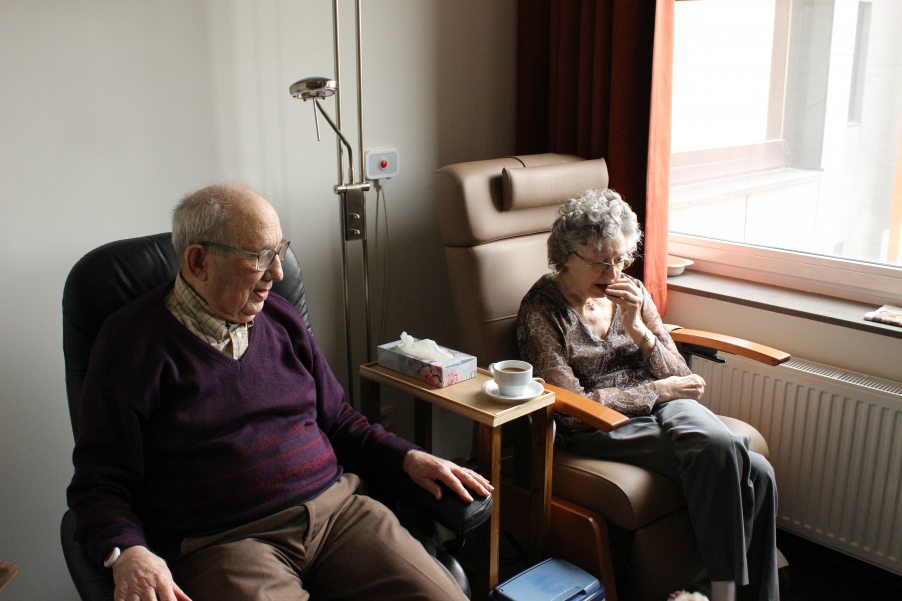Is there a test I can do to see if I have dementia?
There is no single test which can identify if a patient has dementia. People who are suspected of having dementia will undergo a range of tests to see how their cognitive behaviour is working, such as how that person is thinking and approaching tasks, as well as a series of tests that link to memory itself. The diagnosis of dementia will be made by a doctor or specialist, following these tests and perhaps even scans, to see what is actively happening within the brain.
If you are keen to carry out a test at home, to help you to articulate or demonstrate to a doctor what is happening, or examples of brain function interruption, then there is a pen and paper test, which you can carry out in the comfort of your home. The test is designed to assess memory recall ability and has been designed by the Ohio State University, USA. The test is called a SAGE test (short for “Self administered gerocognitive exam”) and is designed to identify any cognitive impairment, or early signs of impact to memory function. However, if once you have completed the test, the results indicate something is interfering with brain function, this is not a conclusive result for dementia (or any other disease). All results and concerns should be brought to and discussed with your healthcare professional.
This test is more of a screening exam which can help to identify that something is possibly going on, it does not mean that it is a conclusive result. Your doctor will firstly want to understand what has been happening and then if required, refer you or the patient for further tests.
What tests will a doctor carry out?
It is likely that tests will be carried out either by a doctor or at a specialist unit as part of a hospital. A series of tests will be undertaken to determine whether there is something impacting brain function. These tests will be undertaken over different days to make sure that it is not down the effects of a recent illness and helps to build up a picture as to what might be happening.
Your doctor will want to take a full history as to what has been happening and when. So it is a good idea to keep a diary of recent concerning behaviour, to help discuss the matter, when you see your GP.
The types of tests may include information such as awareness of time and place, communication skills, concentration as well as short and longer-term memory. These tests are not definitive as other factors can affect the score, such as whether someone has a higher level of education, or a lower reading and writing ability.
Your doctor may also undertake blood tests to rule out possible infections, which can display similar symptoms. They may also undertake a brain scan to identify whether it could be dementia, if other tests have been inconclusive and concerns remain. The key with dementia is early diagnosis.
We offer details here about the appointment, to help you feel fully prepared and what to expect following a diagnosis of dementia here.
Summary
It must be stressed that there is no one test that can give you a definitive answer as to whether you, or someone else has dementia. There are many diseases, illnesses as well as medications and lack of sleep that can impact your brain function. If you are concerned about your memory function, or someone else’s it is important to discuss this with someone you trust. Ask for help and see if they have noticed anything different. You can ask them to accompany you to see the doctor to discuss your concerns further. There could be many other reasons that memory function may be impacted. You should always cover your concerns with a doctor who will arrange for tests to be carried out should they deem them necessary, so take as much information with you for this appointment, to demonstrate your concerns.
If you are looking for more information, please visit our Knowledge Base here to take a look at our range of articles.
Free care finding service







